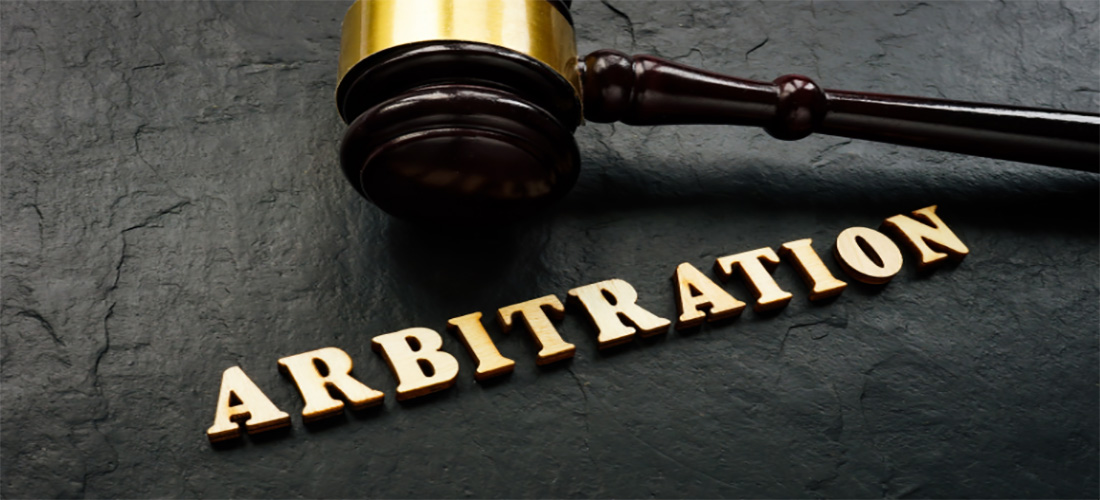Arbitration: A Phenomenon used to solve Disputes outside the Courts
There is a long queue inside the court waiting to solve the matters or justice to be delivered for years. Courts have to be rigid to deliver the justice that’s the reason why justice is delayed. All the burden of judicial system is in the hands of courts. Lots of business decisions may not be taken because of some pending commercial dispute which also impacts the growth of the economy. Court will obviously take their time to solve the disputes or deliver the justice in a correct manner. But the other matters such as of partnerships, all civil matters, construction projects, insurance, time barred debts, or business and industries etc. can’t be delayed because if we rely on court to resolve the dispute then a lot of time will be consumed and meanwhile they can be shut down. Accordingly we wish that our matter should be solve without the interference of the Court of Law then we can opt for Alternative Dispute Resolution (ADR), ADR gives us option to resolve the dispute outside The Court of Law which can be either time consuming or way affordable. This is the solution for a flexible way to resolve the dispute, it mainly include 4 methods; Negotiation, Mediation, Arbitration and Conciliation.
Arbitration is one the alternative method to settle any matter and also very effective way. Arbitration is the private determinate of a dispute by any independent third party. An arbitration hearing may involve the use of an individual arbitrator or a tribunal. A Tribunal may consist of any number of arbitrators though some legal systems insist on an odd number for obvious reasons of wishing to avoid a tie. One and three are the most common numbers of arbitrators. The disputing parties hand over their power to decide the dispute to arbitrator(s). Arbitration is an alternative to court action (Litigation), and generally, just as final and binding.
General essentials of arbitration are:-
a) The object of Arbitration is to obtain a fair resolution of dispute by an impartial third party without unnecessary expense or delay.
b) Parties should be free to agree how their disputes are resolved, subject only to such safeguards as are necessary in the public interest.
c) Courts should not interfere.
Typical steps involved in Arbitration:-
The following content is the list of the main steps in arbitration: -
a) Initiating the Arbitration – A request by one party for a dispute to be referred to arbitration.
b) Appointment of Arbitrator - Arbitrators can be appointed either directly by the disputing party or by existing member or by any external party.
c) Preliminary Meeting - The meeting between the arbitrator and the parties are always prudent, along with their legal council to discuss appropriate process and comfortable time to resolve the dispute.
d) Statement of Claim and Response - A summary of the matters is set out by the claimant in dispute and the remedy sought in statement of claim. It does not include the evidence through which facts are to be proved but it summarizes the alleged facts. This statement of response is to admit or deny the claims by the respondent. To avoid the issues and surprises this statements are made.
e) Discovery and Inspection – To investigate background information there are some legal procedure. Each party is requires to list all relevant documents, which are in their control, this is ‘Discovery’. The discovered documents and an agreed upon selection of documents are prepared for the arbitrator is the ‘inspect’ done by the parties.
f) Interchange of Evidence – The Arbitrator then review the written evidence when it is exchanged, prior to the hearing.
g) Hearing – The arbitrator listens to any oral statements, questioning of witness and can ask for clarification of any information is hearing. If the issues can be dealt with entirely from document then hearing can be avoided.
h) Legal Submission – The summary of the evidence of both the party submitted to the arbitrator through lawyers of both the party. These submission can be orally or in written after the hearing.
i) Award – After considering all the submission the arbitrator makes a decision. The written statements that summarizes the proceeding and give decision is Award, which includes the arbitrator’s reasons for the final decisions.
The Pros of Arbitration:-
Arbitration is easy to arrange as it is non-public administration of justice.
Arbitration offers outcomes even internationally.
Parties have more influence in Arbitration.
Arbitrators are often lawyers or specialists from the sector so it is specifically expertise.
They are not bound by any Court of Law therefore they are fast and less formal.
Arbitration is Confidential as the disputes are not publically heard in any regular court.
The decision is binding as the decision has the same legal effect as the decision of any regular court even abroad.
Conclusion
The uncomplicated and time saver resolution of any dispute can be the best alternative if anyone doesn’t want any court to interfere to settle the dispute as this way it takes year to settle the dispute. Courts of law have to be rigid to solve any dispute to give a fair justice which takes years, the justice is delayed and to avoid the situation of the saying ‘justice delayed is justice denied’, there is this alternative available to solve them in a less complicated way. Arbitration is quiet flexible in many ways we can choose any arbitrator or panel to resolve our dispute in much lesser period of time and privately.

